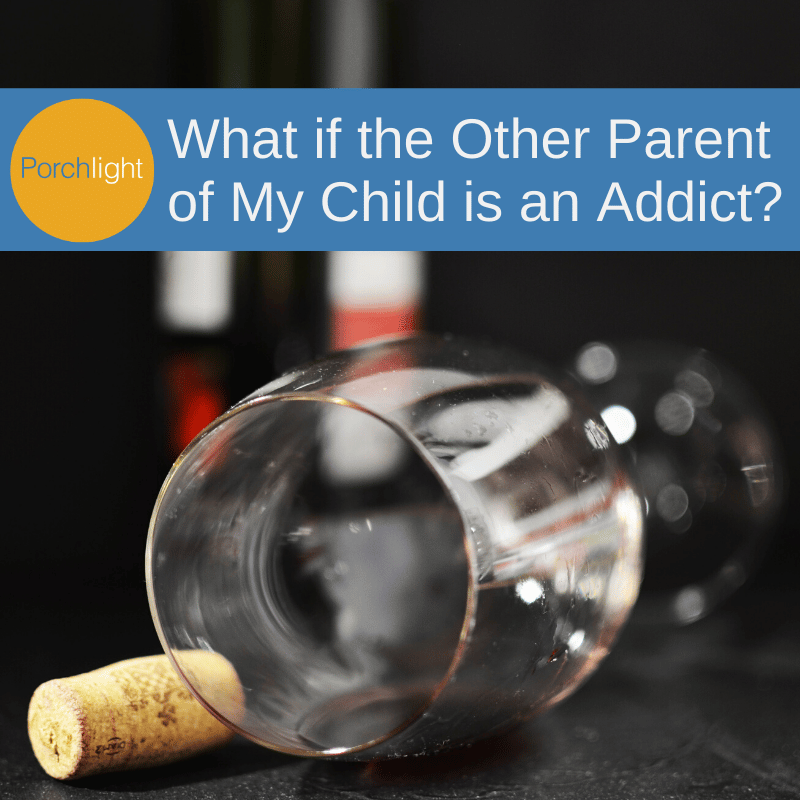What if the Other Parent of My Child is an Addict?
Posted on December 5, 2019 in

One of the scariest issues in a custody case is when one parent has a substance abuse issue. The sober parent constantly worries about the child while in the addicted parent’s care. When the court is deciding custody matters, the judge bases their final determination on the child’s best interest. The judge will consider both the child’s safety and the importance of maintaining a relationship with both parents.
Active Addictions
If a parent is actively dealing with an untreated alcohol or substance addiction, the judge will likely limit and/or require supervision of any parenting time that parent receives. The sober parent would most likely receive primary custody. Depending on the circumstances of the case, the judge may grant supervised parenting time to the addicted parent. That might mean supervised for an hour or two at a facility or supervised for extended time and overnights by a friend or relative. The judge may also require ongoing monitoring of the addicted parent’s sobriety while the child is in their care.
Past Addictions
If a parent is dealing with a past addiction, the judge will want to know the details of the parent’s recovery in order to determine custody. The judge will want to know the parent’s substance abuse history, how long they have been sober, and what their current treatment plan is. Parents who are successfully dealing with their past additions may get significant parenting time or even primary custody. The court may condition this on things such as continued counseling, regular attendance at group meetings, and/or sobriety monitoring. The judge will not punish a parent for having a past addiction if they are sober now, but they will look out for the child’s best interests in deciding custody.
Drug Testing and Alcohol Monitoring Apps
The court works hard to strike the right balance between ensuring the child has a relationship with the addicted or recovering parent and ensuring the child’s physical safety. Fortunately, there is new monitoring technology that makes it easier than ever to address substance issues in custody cases. Remote alcohol monitoring is a handheld breathalyzer test that sends the results to third parties such as the other parent. Results can be received in live time, so one parent can rest assured that the other parent is not drinking around the children.
Unfortunately, remote drug testing for personal use has not developed like remote alcohol testing. But sobriety of drug addicts can still be monitored. The court may use a drug court program or require the addicted parent to regularly (randomly or on a schedule) test at a lab and provide those results to the other parent. The provisions around drug testing can be tailored to meet the specific needs of a case.
If you have questions about how substance abuse will impact your custody case, you can schedule a Strategy Session with Porchlight by calling 678-435-9069 or contacting us here.